Comrade Khamtay Siphandone is a simple and loyal leader to the country and its people, especially the former Vietnamese volunteer soldiers and experts who lived and fought in the Land of a Million Elephants.
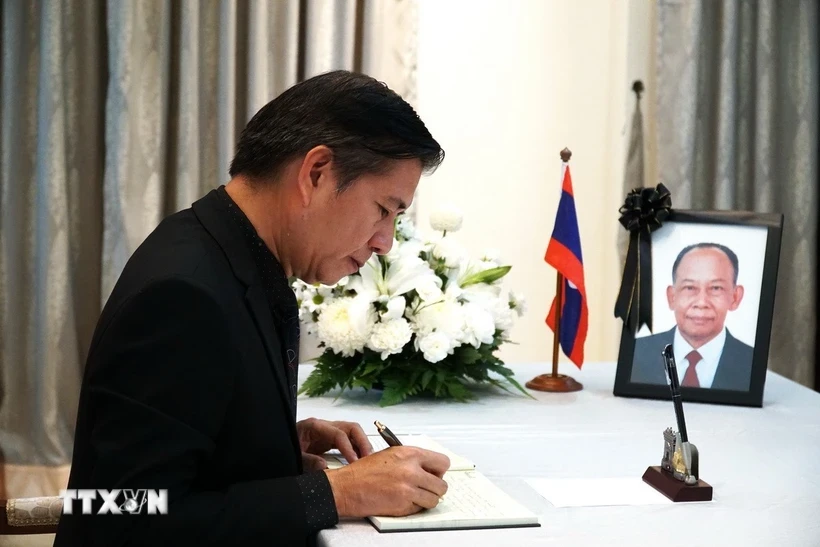
On April 2, 2025, one of the pioneering leaders in building Laos' revolutionary path, former Party Chairman and President of Laos Khamtay Siphandone passed away at the age of 101.
Vietnam News Agency reporters interviewed Lieutenant General Nguyen Tien Long, Vice President of the Vietnam-Laos Friendship Association, about his feelings and unforgettable memories of the leader who was very simple and loyal to the country and people, especially the former volunteer soldiers and Vietnamese experts who lived, fought and worked in the Land of a Million Elephants.
- How did the Lieutenant General feel when he heard the news of the passing of former Party Chairman and President of Laos Khamtay Siphandone?
Lieutenant General Nguyen Tien Long: When I heard the news of comrade Khamtay Siphandone's passing, I was deeply moved.
Although he experienced many hardships and difficulties, comrade Khamtay Siphandone lived a long life and was a very noble and learned person.
I joined the resistance war against the US and was sent to Laos to fight. I went to Laos in April 1964, returned home several times to treat my wounds, and then returned to the battlefield. I returned home in 1973. When I went to Laos to do my duty, comrade Khamtay Siphandone was already the Minister of Defense of Laos.
Vietnamese volunteer soldiers in Laos are always educated to know the leadership of the Party, State and Lao People's Army. We always have trust and respect for comrade Khamtay Siphandone.
During the time fighting in Laos, I had the opportunity to approach comrade Khamtay Siphandone, although at a very low level. One of the most profound memories was that after four years in Laos, when I was about 22-23 years old, I was a reconnaissance company officer of the 174th Regiment, on duty in Xieng Khouang, stationed near the internal road of our revolutionary forces. One day, the unit assigned me and six other brothers to supervise a road section of several kilometers.
A group of seven Laotian cadres passed by, saw us and stopped to rest for about 15-17 minutes. The group commander asked us very friendly and welcoming questions about our food and accommodation and how our combat activities were.
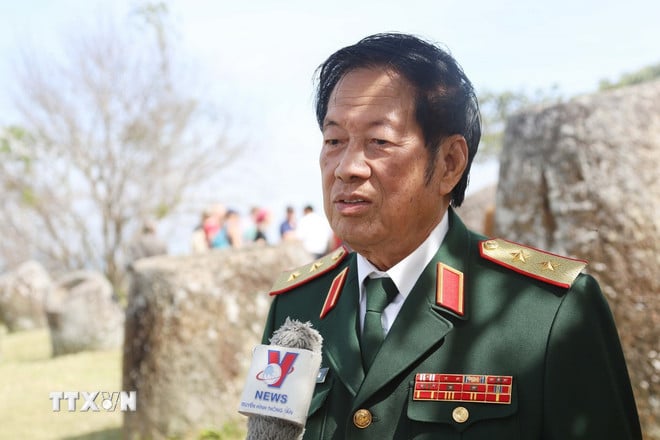
At that time, we did not ask the commander's name, but only later did we know that it was a delegation from the Lao Ministry of Defense, led by comrade Khamtay Siphandone.
He asked about our hometowns and emphasized that the Vietnamese and Lao peoples share a border and have respected each other since ancient times.
I recently thought that Vietnam shares a land border with three countries, of which the Vietnam-Laos border is more than 2,000 km long and has been basically peaceful for thousands of years. I appreciate the friendship between the people of the two countries even more.
Comrade Khamtay Siphandone also shared that the two peoples have had a long-standing relationship of solidarity and brotherhood.
Only later did I realize that such a simple statement highlighted the history of relations between the two countries. Comrade Khamtay Siphandone also said that the Lao people were very grateful to the Vietnamese soldiers.
Comrade Khamtay Siphandone encouraged us in a simple way: "When you come to Laos, consider the Lao people as your parents, as blood brothers and sisters, love and trust each other, and eat whatever is available."
He encouraged us that although the soldiers had standards, in difficult times, we should come to the Lao people and share anything we had. The Lao people were willing to share and protect the Vietnamese soldiers.
In particular, he also told us: If possible, join the Lao people, learn how the Lao people make use of all the products that the mountains and forests have to offer, from animals to vegetables, fruits, etc. Soldiers, join the people, learn so that when times are difficult, you can help each other.
Such simple sharing was a great source of encouragement and motivation for our soldiers. The conversation that day, although only lasted a few minutes, helped us clearly feel the affection of a high-ranking leader of the Lao Party and People's Army towards Vietnamese soldiers, with feelings like a father talking to his child, warm, easy to understand and correct, without diplomacy or distance.
The above story is still imprinted in me, making me appreciate and admire comrade Khamtay Siphandone even more.
Later, after completing my mission and returning to normal life, I joined the Volunteer Army Liaison Committee and the Vietnam-Laos Friendship Association. Therefore, I have often gone to Laos to carry out people-to-people diplomacy tasks.
Every time I return, with each specific job, I always try to arrange my work to visit former leaders of the Lao Party and State.
I visited comrade Khamtay Siphandone in his hometown three times with the delegation of Vietnamese volunteer soldiers and the Vietnam-Laos Friendship Association.
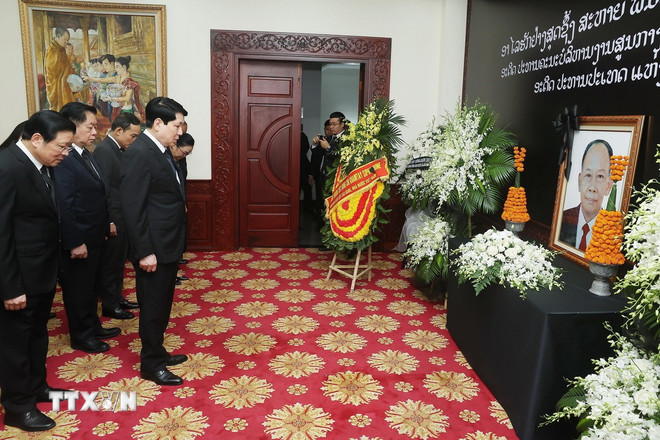
When recalling the old conversation, comrade Khamtay Siphandone was very moved and said that he believed that the Vietnamese soldiers would complete their mission well even though they were all in their twenties.
It can be said that my impression of comrade Khamtay Siphandone is his simplicity, rusticity and love for Vietnamese and Lao soldiers.
- Lieutenant General, what do you think about the leadership role of comrade Khamtay Siphandone in the Lao revolution, as well as the special friendship and solidarity between Vietnam and Laos?
Lieutenant General Nguyen Tien Long: I believe that comrade Khamtay Siphandone plays an extremely important role for the Lao Party, State and people, as well as the Vietnamese people.
The entire growth process of the Lao army and revolution was under the leadership of the Lao People's Revolutionary Party, including the direct leadership and command of comrade Khamtay Siphandone.
We felt that very clearly when we went to Laos as soldiers, combat forces and had the opportunity to directly contact with you.
Later, when I grew up and took on more important tasks in the army, I still received information about the Vietnam-Laos solidarity relationship, and I always realized that in the leadership of the Lao Party and State, together with comrade Kaysone Phomvihane, comrade Xuphanuvong and other key leaders, comrade Khamtay Siphandone played a very important role, taking on important responsibilities in many fields, especially the military field.
He made great contributions to the process of building the Lao People's Revolutionary Party and directly building the Lao People's Army.
The Vietnam People's Army was born early, forming regiments and divisions, while Laos during the resistance period did not have enough forces to do that.
But I see that in the process of closely following, coordinating, and fighting together with the Vietnam People's Army, the Lao army matured rapidly.
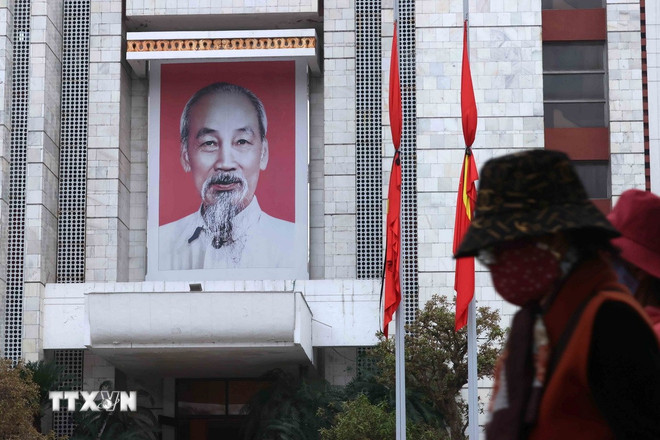
That is the career and work of the Party and the entire Lao People's Army with the leading and direct leadership role of comrade Khamtay Siphandone when he was directly assigned by the Lao Party and State to lead and command the army.
I still remember that during the entire resistance war against France and the US, we carried out many major campaigns in Laos, but especially the campaign to liberate Nam Bac in Upper Laos.
This campaign was of great significance, helping us gain great victory and the Lao army captured the most prisoners of war in all the battles in Laos.
It was only later that I learned that the Lao Ministry of Defense, directly led by comrade Khamtay Siphandone, participated in leading that campaign and emphasized to all forces in the campaign: Win the battle but try to capture as many prisoners as possible to reform them to join the revolution.
I also participated in the campaign, in the reconnaissance company of the 174th Regiment, in a direction that captured the most prisoners, numbering in the thousands.
Winning without destroying but capturing many prisoners and converting them to follow the revolution. This viewpoint of comrade Khamtay Siphandone is very dialectical and humane in a country with a small population but having to confront great enemies. This is a unique feature in comrade Khamtay Siphandone's guiding ideology.
Looking back at the life and revolutionary career of comrade Khamtay Siphandone, I respect him even more and see his great contribution to the Lao revolution, one of the people who made important contributions to building the special solidarity relationship between Vietnam and Laos.
In particular, I think that you are also a person who has great faith in our brotherly country Vietnam. Through the reality of the battlefield, it is even more evident that you are a person who is attached to, respects and trusts Vietnam, and is also one of the people who leads generations of cadres, soldiers, army, Lao people, and generations of Lao people to respect, attach to, protect and develop so that "the solidarity and friendship between Vietnam and Laos will be forever green and forever sustainable."
- Thank you very much, Lieutenant General!
Source


![[Photo] Feast your eyes on images of parades and marching groups seen from above](https://vphoto.vietnam.vn/thumb/1200x675/vietnam/resource/IMAGE/2025/4/30/3525302266124e69819126aa93c41092)


![[Photo] Fireworks light up the sky of Ho Chi Minh City 50 years after Liberation Day](https://vphoto.vietnam.vn/thumb/1200x675/vietnam/resource/IMAGE/2025/4/30/8efd6e5cb4e147b4897305b65eb00c6f)
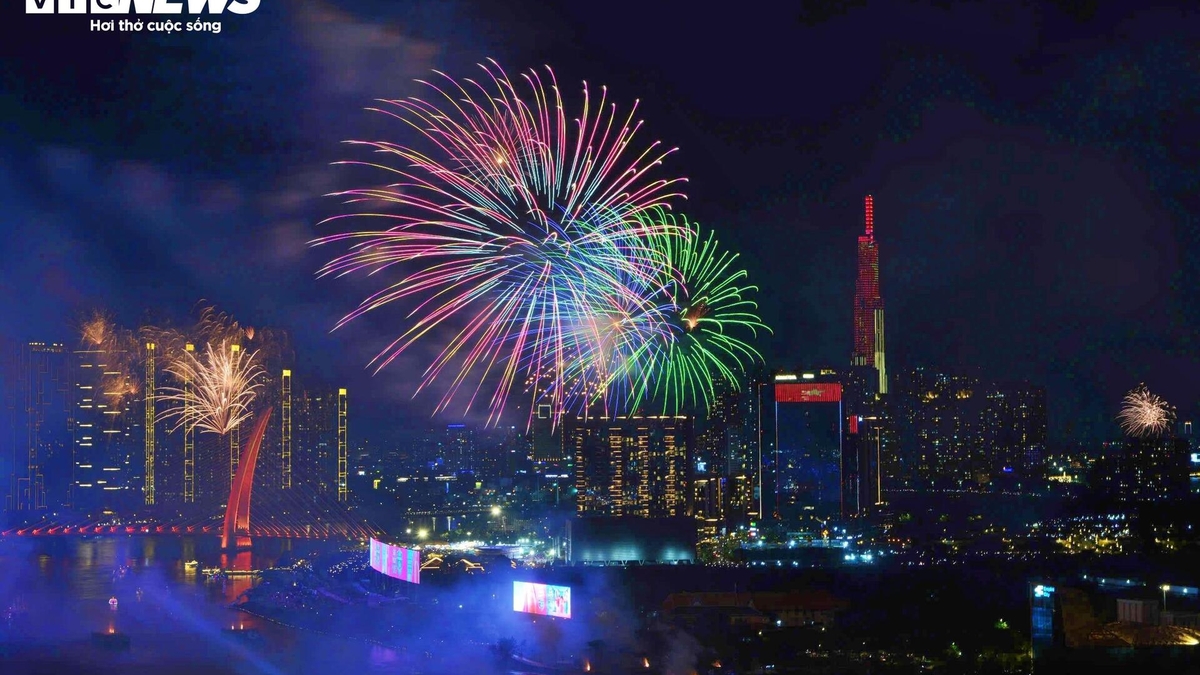

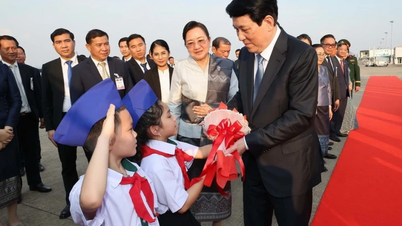
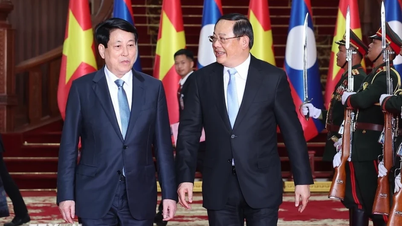

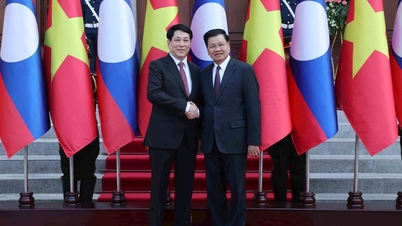





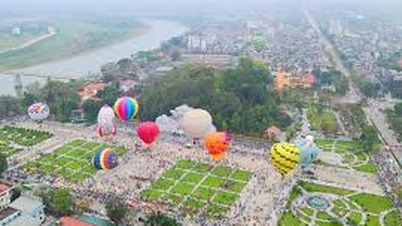
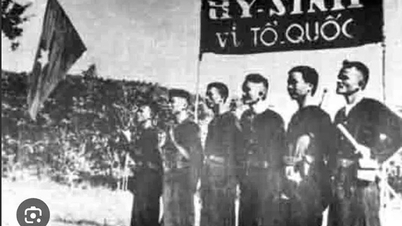
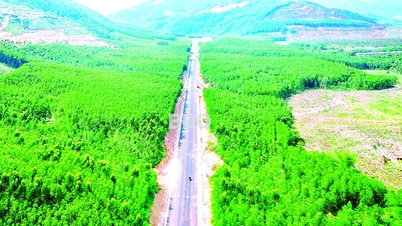








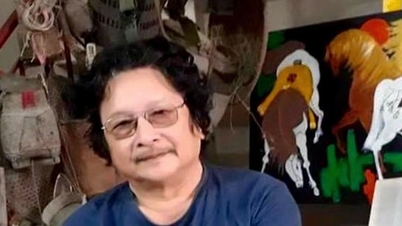
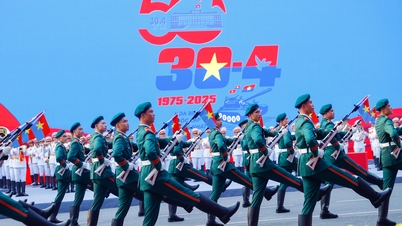






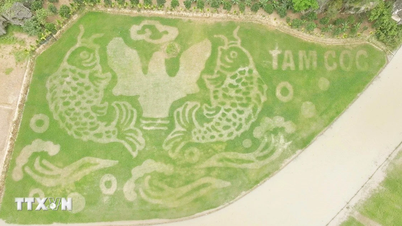







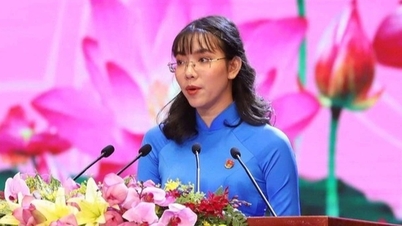





















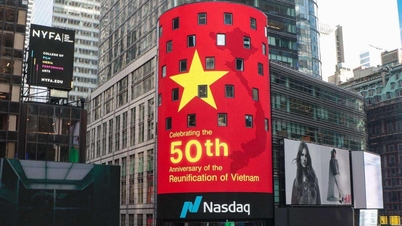

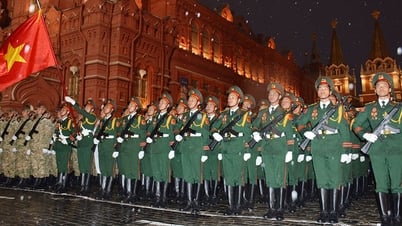












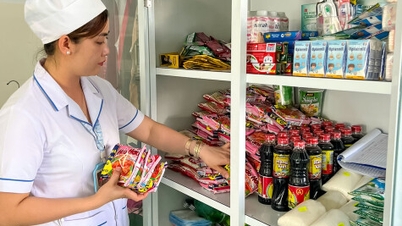

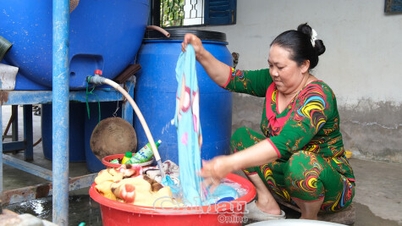


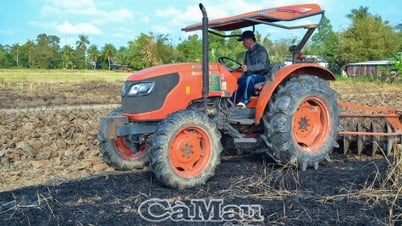
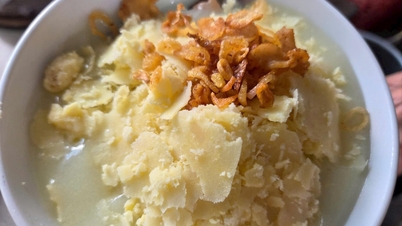













Comment (0)